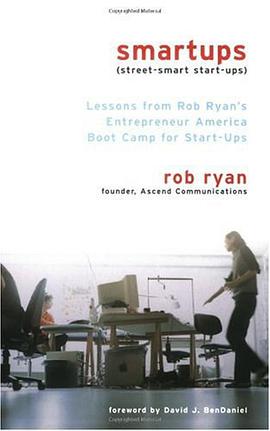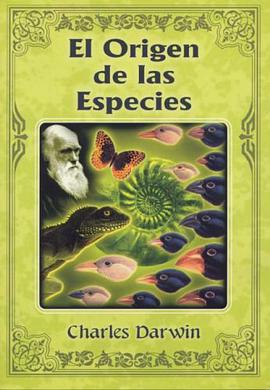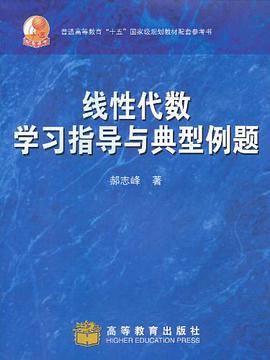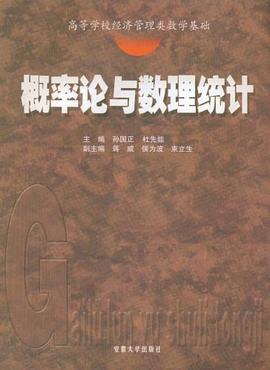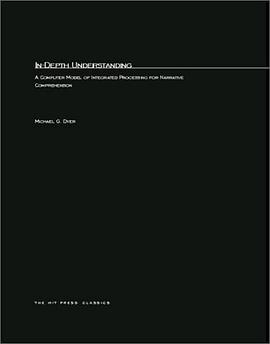

具體描述
This book describes a theory of memory representation, organization, and processing for understanding complex narrative texts. The theory is implemented as a computer program called BORIS which reads and answers questions about divorce, legal disputes, personal favors, and the like. The system is unique in attempting to understand stories involving emotions and in being able to deduce adages and morals, in addition to answering fact and event based questions about the narratives it has read. BORIS also manages the interaction of many different knowledge sources such as goals, plans, scripts, physical objects, settings, interpersonal relationships, social roles, emotional reactions, and empathetic responses.The book makes several original technical contributions as well. In particular, it develops a class of knowledge constructs called Thematic Abstraction Units (TAUs) which share similarities with other representational systems such as Schank's Thematic Organization Packets and Lehnert's Plot Units. TAUs allow BORIS to represent situations which are more abstract than those captured by scripts, plans, and goals. They contain processing knowledge useful in dealing with the kinds of planning and expectation failures that characters often experience in narratives; and, they often serve as episodic memory structures, organizing events which involve similar kinds of planning failures and divergent domains.An appendix contains a detailed description of a demon-based parser, a kernel of the BORIS system, as well as the actual LISP code of a microversion of this parser and a number of exercises for expanding it into a full-fledged story-understander.Michael G. Dyer is an Assistant Professor in the Department of Computer Science at UCLA. His book is included in The MIT Press Artificial Intelligence Series.
著者簡介
圖書目錄
讀後感
評分
評分
評分
評分
用戶評價
相關圖書
本站所有內容均為互聯網搜索引擎提供的公開搜索信息,本站不存儲任何數據與內容,任何內容與數據均與本站無關,如有需要請聯繫相關搜索引擎包括但不限於百度,google,bing,sogou 等
© 2025 book.quotespace.org All Rights Reserved. 小美書屋 版权所有




